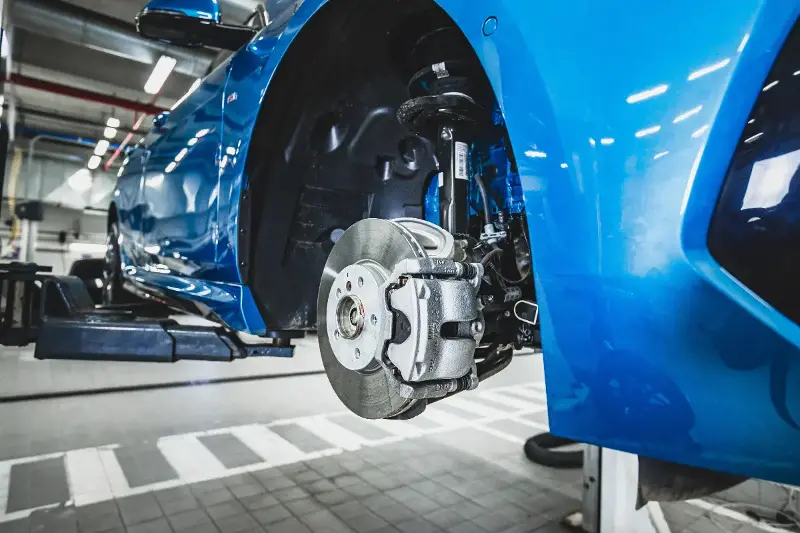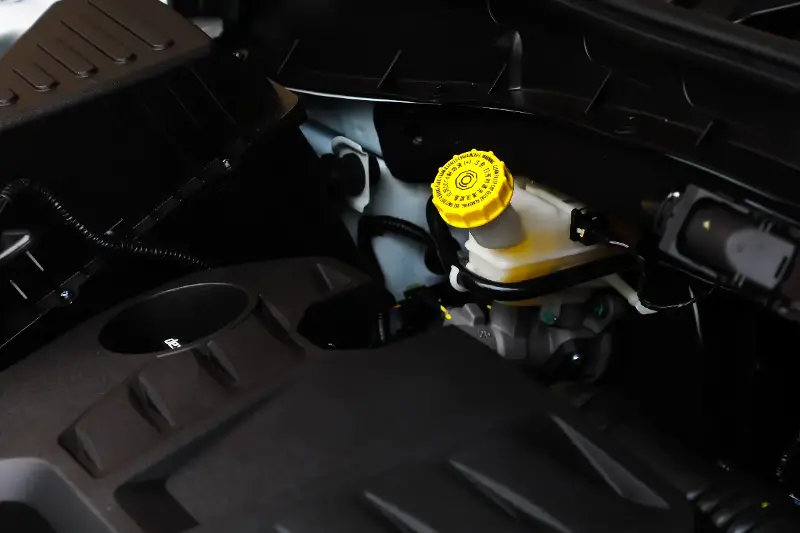Ever glanced at your car’s brakes lately? If you're like most drivers, probably not—yet these small but mighty components are all that stand between you and disaster. While we breeze through daily commutes and weekend adventures, many of us unwittingly engage in habits that chip away at our brake system’s health. It’s not only about the cost of repairs; it’s about keeping you and your loved ones safe on every journey.

The Hidden Cost of Riding the Brakes
Have you ever found yourself resting your foot lightly on the brake pedal, especially on a downhill slope or in heavy traffic? This simple habit, known as "riding the brakes," is far more common than you might think. What’s the harm? Over time, this seemingly harmless action keeps your brake pads in constant contact with the rotors, leading to:
- Premature wear of brake pads
- Warping of brake discs due to excessive heat
- Decrease in overall braking performance
Instead, opt for using lower gears to control your speed on descents, and maintain a safe following distance in traffic to minimise the need for frequent braking.
Braking Hard: When Stopping Power Turns Destructive
We all encounter those sudden red lights or unexpected obstacles, but harsh braking shouldn’t become the norm. Slamming on the brakes can generate intense heat, causing your brake pads and rotors to degrade at an alarming rate. Overheated brakes may fade, reducing their effectiveness just when you need them most.
Tips to avoid harsh braking:
- Anticipate traffic flow by looking ahead, not just at the car in front.
- Slow down gradually instead of waiting until the last minute.
- Practice gentle, steady pressure on the pedal for the smoothest and safest stops.

The Perils of Ignoring That Pesky Handbrake
Many drivers forget to completely release the handbrake before setting off, especially when in a rush. Driving even short distances with your handbrake partially engaged can:
- Wear out brake linings in minutes
- Cause costly damage to brake components
- Lead to significant loss of stopping power
Always double-check that your handbrake is fully disengaged before accelerating. That quick extra glance could save you hundreds—and prevent a dangerous incident.
Water Splash Woes: When Puddles Pose a Risk
Splashing through puddles might be fun, but wet brakes can spell trouble. Water reduces friction, leading to longer braking distances and even temporary brake failure. After driving through water:
- Lightly tap on the brake pedal while still moving to help dry the pads
- Test your brakes’ effectiveness at low speed before picking up the pace again
It only takes a few seconds to restore full braking power—and keep you firmly in control.

Underestimating the Importance of Brake Fluid
Brake fluid is rarely at the forefront of a driver’s mind, yet it’s crucial for your system’s pressure. Many overlook the need for regular checks, and as a result, old or contaminated fluid can lead to soft, unresponsive brakes. Telltale signs include:
- Pedal feels spongy or sinks to the floor
- Brake warning lights on your dashboard
- Strange noises or slower stops
Check your brake fluid level at every oil change, and aim to replace it every 2 years—or as recommended by your manufacturer.
Loading Up: How Heavy Loads Wear Down Brakes
When you pack your car for a trip or pile heavy goods in the boot, remember: extra weight means your brakes must work harder. This increases:
- Heat and friction
- Wear on pads and discs
- Stopping distances
If you regularly drive with full loads, consider inspecting your brake system more often, and don’t hesitate to seek professional advice on the right upgrade options.

Every tap of the pedal is a conversation with your car’s most vital safety system. Are you listening to what your brakes are trying to tell you? Small changes in your driving habits can extend the life of your brakes, save you money—and, most importantly, could make all the difference in an emergency. Next time you drive, pay close attention: what habits might you change to not only protect your investment but also the safety of everyone on board? The journey of smarter, safer driving could begin with your very next stop.
